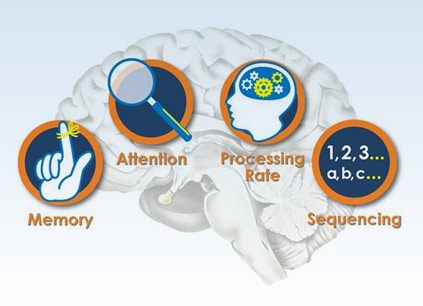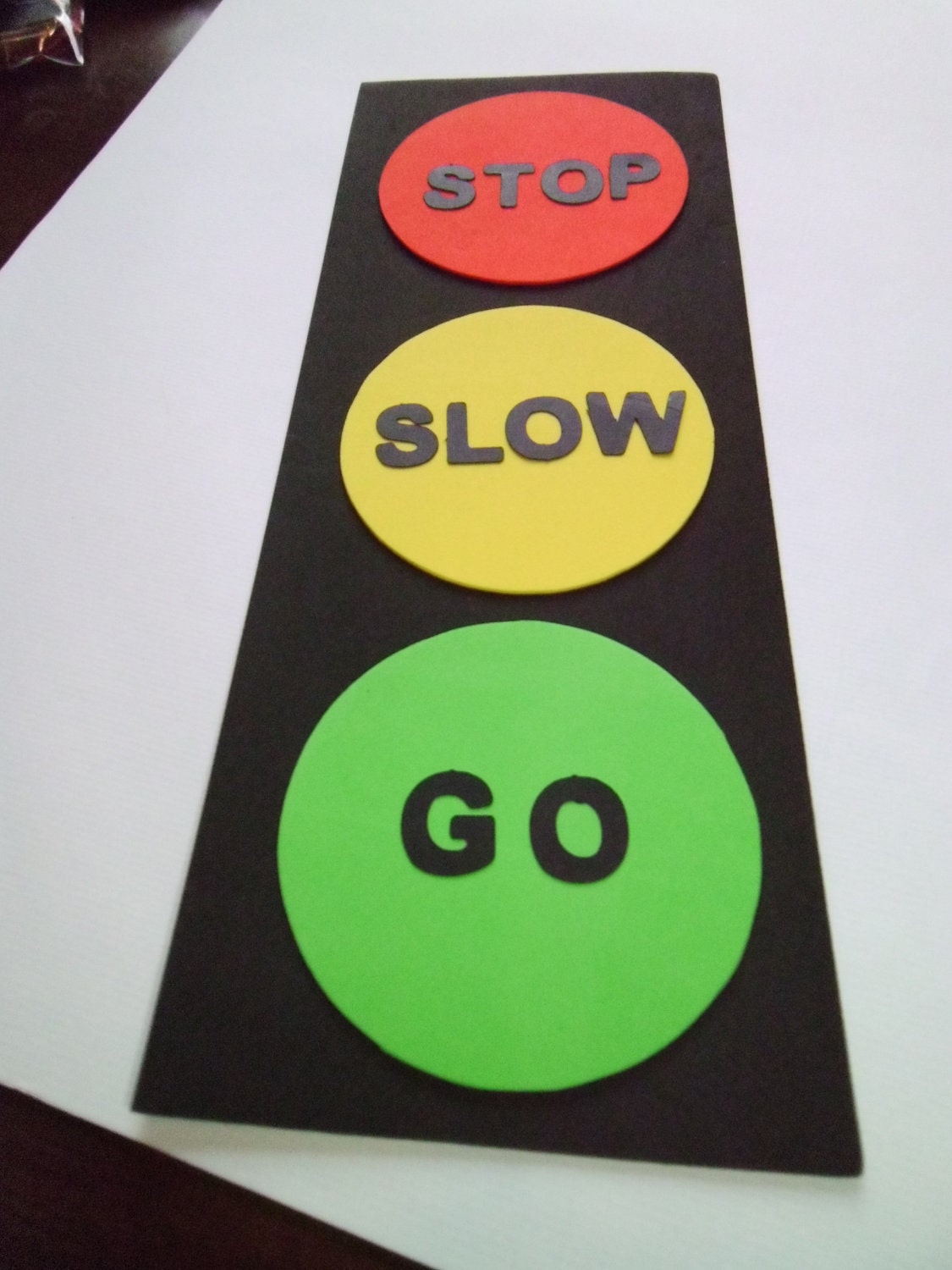Activities to Improve Language Skills in Children with APD

Image Courtesy of www.gemmlearning.com
Whether you know it as Auditory Processing Disorder, APD, Central Processing Disorder, or CAPD, if you have a child struggling with this disorder you know the challenges that your entire family faces. Communication, language, academics, and social interactions are all affected by this somewhat mysterious disorder that prevents a person’s brain from processing the information heard by the structures of the ears. Despite all of these challenges, there are activities to improve language skills in children with auditory processing disorder, one step at a time.
Challenges understanding language = Challenges using language
Because language is such a vital part of communication, activities to improve language skills in children with auditory processing disorder are important to the parenting and teaching toolbox so that they can gain the skills needed to lead the most fulfilled life possible. There is no on singular method for treating this disorder, and often the successes are very dependent on the individual child. The following games and activities are designed to help kids with APD to improve language skills and build confidence in their abilities to communicate more effectively.
Red Light/Green Light – Homework Help
Take a blank notecard and draw three large circles. Color one red, yellow, and green. Any time you are helping your child with homework (or having other detailed conversations), encourage him to use this Red Light/Green Light card. When he feels overwhelmed with the words you are using, have your pointer go to the red light on the card. This is your signal to stop, take a short break, and review the points until your child feels ready to give you the green light to continue. He can use the slow -down circle, the yellow, in the same way, letting you know he needs more time.
Talking Mirror
Children with APD often struggle even more to process what they hear when they have their faces turned away from the speaker. Help your child make more auditory connections by encouraging eye contact – building on those skills of a visual learner. Take a list of vocabulary words, spelling words, or even a short and silly poem. Face your child and one word at a time, speak the word in a slow and exaggerated tone, making sure to enunciate clearly and move your mouth to match the sounds. Your child then repeats this word back to you, trying to match not only the actual word and how you said it, but the expression on your face as well. Don’t be a afraid to get a little silly with it – crinkling your nose or raising your eyebrows to make more emphasis. Encourage your child to look in the mirror when she talks, to, as it helps build body language awareness.
I Went to Grandma’s
This classic game helps kids with APD practice memory building skills important to communication. Begin the game by saying:
- I went to Grandma’s and in my suitcase I packed _____________.
- Then your child takes a turn and says:
- I went to Grandma’s and in my suitcase I packed [the object you listed] and ______________.
The goal is to keep building the story by going back and forth and seeing how far you can get adding onto the list. Just make sure to play the game slowly. For kids with APD, these kinds of auditory games cannot be rushed.
More Activities to Improve Language Skills in Children with APD
- Try some of the listening games we shared yesterday that are great for kids with kinds of capabilities and disabilities. Listening is a crucial part of language development.
- Use a tape recorder and record yourself telling your child’s favorite story, giving instructions for how to do something, or anything else your child might want or need to hear repeatedly.
- Make a collage with your child of letter sounds. Choose a target letter sound, such as /t/, and then search in a magazine for words that begin with that letter. Cut them out and add them to the collage.
- Add some great resource books to your own library. Three of my top favorites for understanding APD and using it to help improve language skills include:
- The Listening Child: What Can Go Wrong: What All Parents and Teachers Need to Know About the Struggle to Survive in Today’s Noisy Classroom, by Stephen Prescod
- When the Brain Can’t Hear: Unraveling the Mystery of Auditory Processing Disorder, by Teri James Bellis
- The Sound of Hope: Recognizing, Coping with, and Treating Your Child’s Auditory Processing Disorder, by Lois Kam Heymann
Auditory processing disorder can bring many challenges to your family. Children need to learn to navigate language and build communication skills through intentional activities and opportunities for enrichment and purposeful learning. When we can add in some games, utilize activities that strengthen listening skills, and build the other learning style strengths, we are taking those small steps in the right direction.




